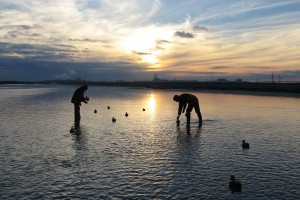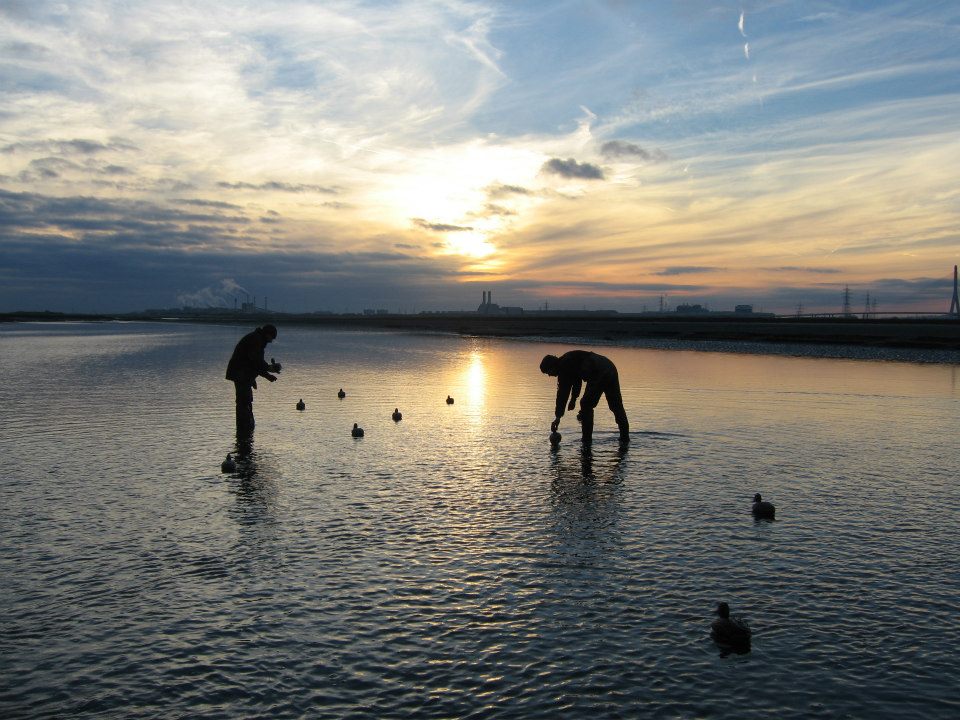 BASC has told a parliamentary inquiry it does not want to see further restrictions placed on wildfowling and has called for lessons to be learned from the past.
BASC has told a parliamentary inquiry it does not want to see further restrictions placed on wildfowling and has called for lessons to be learned from the past.
In its submission to the Environmental Audit Committee’s Marine Protected Areas inquiry, BASC makes it clear it will not support the designation of highly protected marine areas where wildfowling takes place.
BASC has also urged policy-makers to ensure that future consultations on marine conservation zones are thorough, target the people and groups that use the various proposed sites in question, and fully consider their views.
The association also asks for full account to be taken of wildfowling for the proposed third tranche of marine conservation zones in England and to consult with BASC and wildfowling clubs during the process.
Mark Greenhough, BASC’s wildfowling officer, said: “Our position on this is clear. We do not want to see any further restrictions placed on wildfowling. We will not support the designation of highly protected marine areas where wildfowling takes place.
“Wildfowlers will remember the furore in 2012 over proposals to ban wildfowling within some marine conservation zones (MCZ). Following representation from BASC, these ‘reference areas’ were dropped from the first tranche of MCZs designated around the English coast.
“Also in 2012 we campaigned successfully to remove clauses that would have allowed future bans on shooting from the draft marine bill in Northern Ireland. And in 2013 we campaigned successfully for the Welsh Government to withdraw proposals for highly protected marine conservation zones that would have banned wildfowling by default.
“The Environmental Audit Committee’s inquiry into marine protected areas is a great opportunity for lessons to be learned from earlier misguided proposals and the need for effective marine conservation measures to take account of local traditional and cultural activities which are a sustainable use of natural resources.”
John Dryden, a member of BASC Council and chairman of BASC’s wildfowling liaison committee, said: “We work extremely hard to protect our members’ interests and wildfowling is at the very heart of what we do. Lessons can be learned from previous proposals that could have banned wildfowling in England, Wales and Northern Ireland and we are urging the government to ensure a more robust evidence-based approach to the conservation of the marine environment.”
[download id=”205″ format=”3″]
